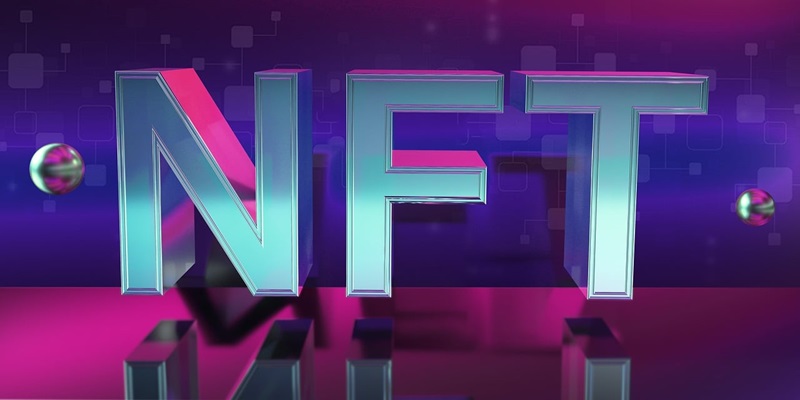In a recent digital collectible endeavor, former President Donald Trump has made headlines by introducing an unconventional non-fungible token (NFT) on the Bitcoin blockchain. Priced at $9,900, this NFT has garnered attention for its unique features and limited availability.
Promotional Strategy
To boost sales and create exclusivity, Trump’s promotional strategy for his latest NFT collection includes limiting the “one of one” originals to a maximum of 200 in this exclusive offer. Additionally, for those willing to invest $99 each, they can purchase 100 units of Trump’s “mugshot edition” NFTs and receive a distinctive card presented as an ordinal on the Bitcoin blockchain.
Announcement and Features
Trump’s announcement on social media proudly proclaimed, “The First Ever Trump Trading Cards officially created on the Bitcoin Blockchain!” This declaration ignited curiosity among collectors and supporters, generating significant buzz around this novel concept. The inclusion of trading cards in the NFT collection added a nostalgic touch, appealing to both political enthusiasts and collectors alike.
Trading Restrictions and Future Inscriptions
Prospective buyers should exercise caution as the ordinals and the accompanying 100 NFTs are subject to a trading restriction until December 2024. While this may seem like a drawback in terms of liquidity, it also adds an element of exclusivity, making these NFTs more desirable for long-term collectors. Collectors will have the opportunity to claim their exclusive Ordinals inscriptions in the future through the inscription process on Magic Eden, adding another layer of uniqueness to their collection.
Role in the 2024 Election
As the 2024 election approaches, Donald Trump’s continued foray into NFTs introduces novel forms of engagement in the electoral competition. By leveraging the growing popularity of NFTs and blockchain technology, Trump is not only expanding his brand but also finding innovative ways to connect with his supporters in the digital realm. This move further solidifies his influence and relevance within the political landscape.
NFT Brand Ranking and Market Cap
The Trump Cards collection has quickly risen in prominence within the NFT space, currently ranking 16th in the NFT Brand ranking with a total market cap of 26,576 ETH. This impressive position highlights the strong demand for Trump’s NFTs and the growing interest in his unique offerings.
Trading Volume and Sales
In the last 24 hours alone, Trump’s NFTs have experienced remarkable success. Three cards from the collection garnered a trading volume of 66.479 ETH, achieving an impressive 366 sales. This demonstrates the fervor surrounding these NFTs and signals the robust market demand for Trump’s digital collectibles.
Trump’s stance on Central Bank Digital Currency (CBDC)
Notably, former President Donald Trump has been vocal about his opposition to the Federal Reserve’s attempts to introduce a Central Digital Bank Currency (CBDC). He vehemently argues that such a currency would grant the government absolute control over money, posing a threat to personal freedom and financial independence. Trump’s commitment to thwarting the introduction of a CBDC aligns with his ongoing efforts to prevent potential threats to individual liberties.
Donald Trump’s unconventional foray into the world of NFTs with his exclusive collection of trading cards on the Bitcoin blockchain has generated significant interest and success. Through his unique marketing strategies and limited availability, Trump has tapped into the growing popularity of NFTs and blockchain technology to strengthen his brand and engage with his supporters in new and exciting ways. With the 2024 election on the horizon, Trump’s innovative approach sets him apart from other political figures, introducing a fresh dynamic into the electoral competition. As the NFT market continues to evolve, Trump’s NFTs serve as a fascinating case study in bridging politics with digital collectibles.

